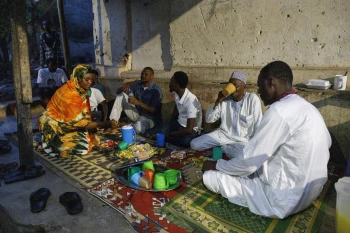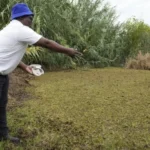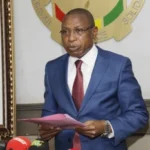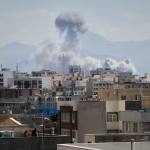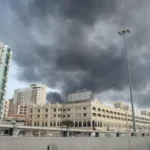In a region often characterized by diverse cultures, languages, and religions, the holy month of Ramadhan serves as a potent reminder of the shared values and practices that bind West Africans together. Spanning the Atlantic coast to the Sahelian plains, Ramadhan transcends ethnic and national boundaries, becoming a powerful catalyst for unity and cultural exchange. Through communal prayers, shared meals, and acts of charity, the impact of Ramadhan on West African society is profound and multifaceted.
A Cultural Mosaic
West Africa is home to a rich tapestry of cultures, with over 300 ethnic groups and more than 2,000 languages spoken. Despite this diversity, Islam plays a significant role in the lives of many West Africans. According to Pew Research, about 45% of the population in West Africa adheres to Islam, making it one of the predominant religions in the region. During Ramadhan, this large demographic comes together in a unique expression of faith, fostering solidarity and reinforcing a sense of belonging.
Spiritual and Communal Bonds
Ramadhan, the ninth month of the Islamic lunar calendar, is observed by millions through fasting from dawn until sunset. This spiritual practice encourages self-reflection, humility, and a deeper connection to the community. In cities like Dakar, Accra, and Niamey, the pre-dawn meal known as “suhoor” and the evening meal to break the fast, or “iftar,” become communal rituals that bridge ethnic and social divides. Families and friends gather to share meals, and mosques overflow with worshippers eager to participate in communal prayers.
This emphasis on community is particularly evident in urban areas where diverse populations coexist. For instance, in Dakar, the annual “iftar” gatherings draw people from various backgrounds, fostering intercultural dialogue and promoting peace. The act of breaking bread transcends differences, reinforcing the idea that Ramadan is not just about individual devotion but a communal experience that enhances social cohesion.
Charitable Acts and Social Responsibility
Another vital aspect of Ramadhan is the focus on charity. The practice of “Zakat,” or almsgiving, becomes particularly pronounced during this month. Muslims are encouraged to give generously to those in need, addressing social issues such as poverty and inequality. In countries like Nigeria, organizations distribute food and provide support to impoverished communities during Ramadhan. This outpouring of generosity not only alleviates immediate suffering but also strengthens the social fabric by promoting a culture of giving and empathy.
Cross-Cultural Connections
The shared observance of Ramadhan also facilitates cultural exchanges between different Muslim communities. Festivals, lectures, and public celebrations during Ramadan often draw participants from various cultural backgrounds. These events allow individuals to learn about different traditions, foods, and practices associated with the month. The sharing of cultural practices—such as the Malian “foutou” or the Senegalese “yassa”—at “iftar” gatherings acts as a bridge connecting diverse communities, enriching the collective experience of the month.
Conclusion: A Legacy of Unity
In a region often fraught with political and social challenges, Ramadhan stands out as a beacon of hope and unity. It brings together West Africans, from the bustling streets of Lagos to the tranquil banks of the Niger River, emphasizing common values of faith, compassion, and mutual respect. As communities gather to break their fast, share meals, and support one another, the enduring impact of Ramadhan echoes far beyond the confines of religious observance. It cultivates a spirit of togetherness that nurtures peace and solidarity, making the holy month a crucial pillar in the socio-cultural landscape of West Africa.
Thus, as the crescent moon signals the beginning of Ramadhan each year, it not only marks a time of personal reflection but also a celebration of unity that resonates across borders, languages, and cultures.
Email Us on editorial@nnafrica.com


